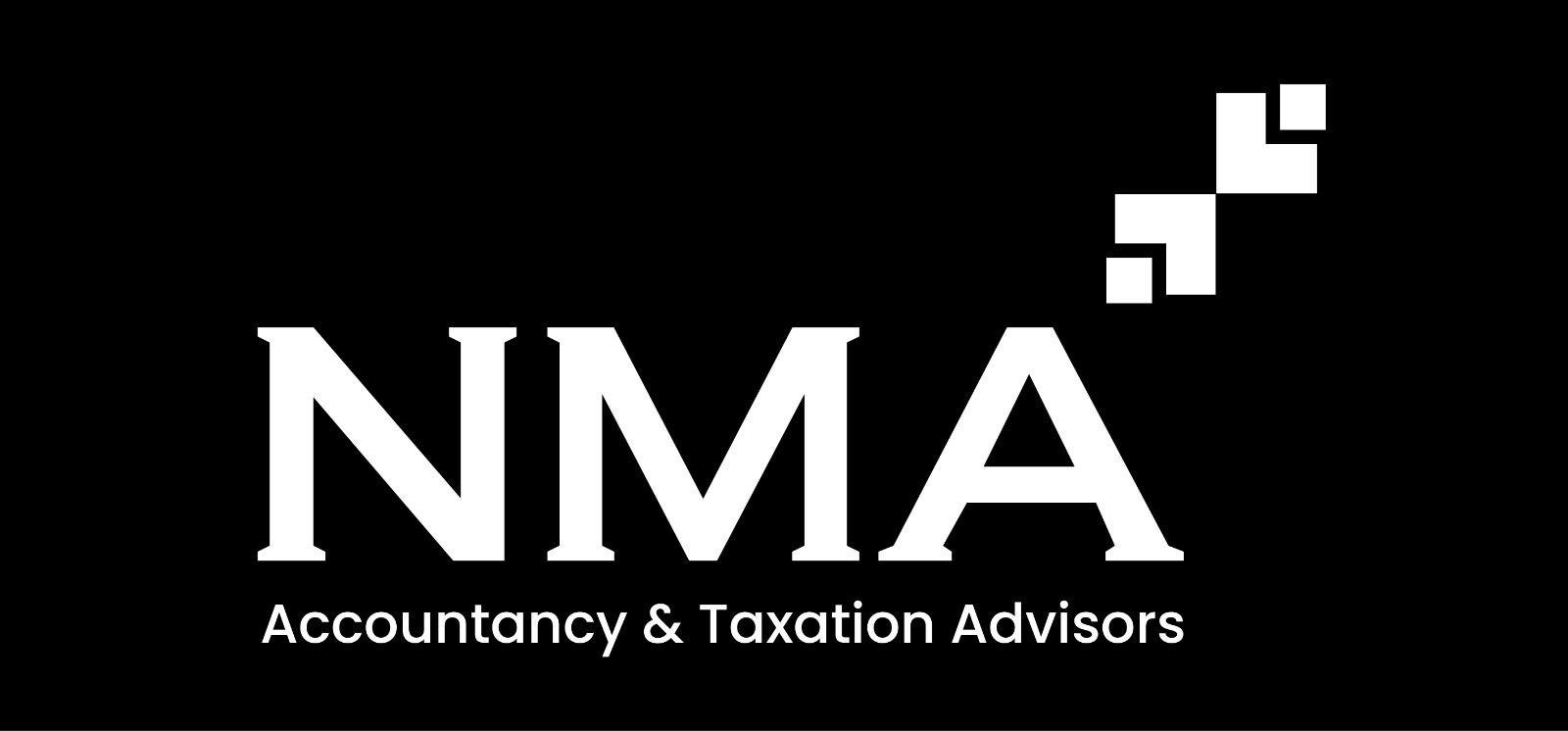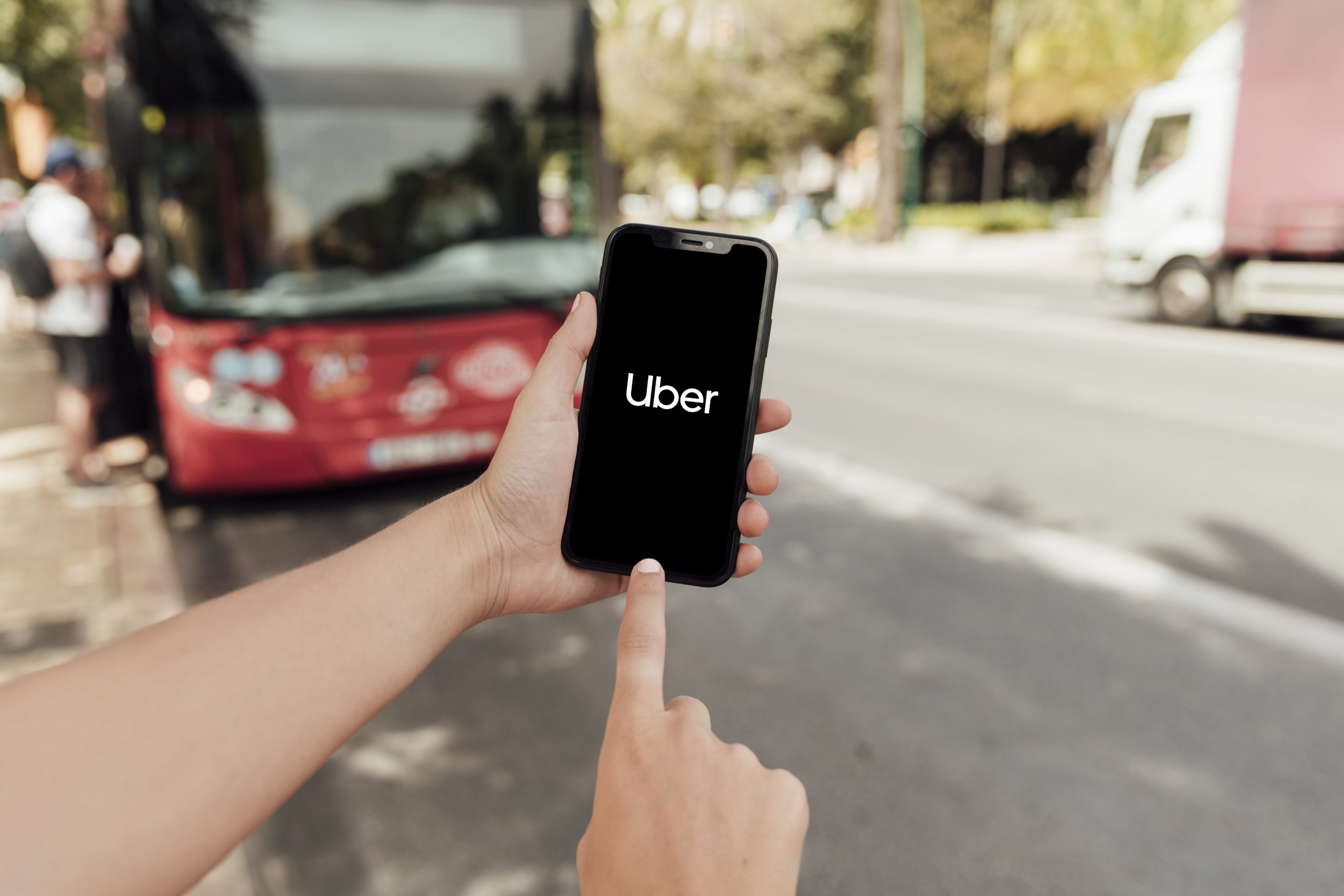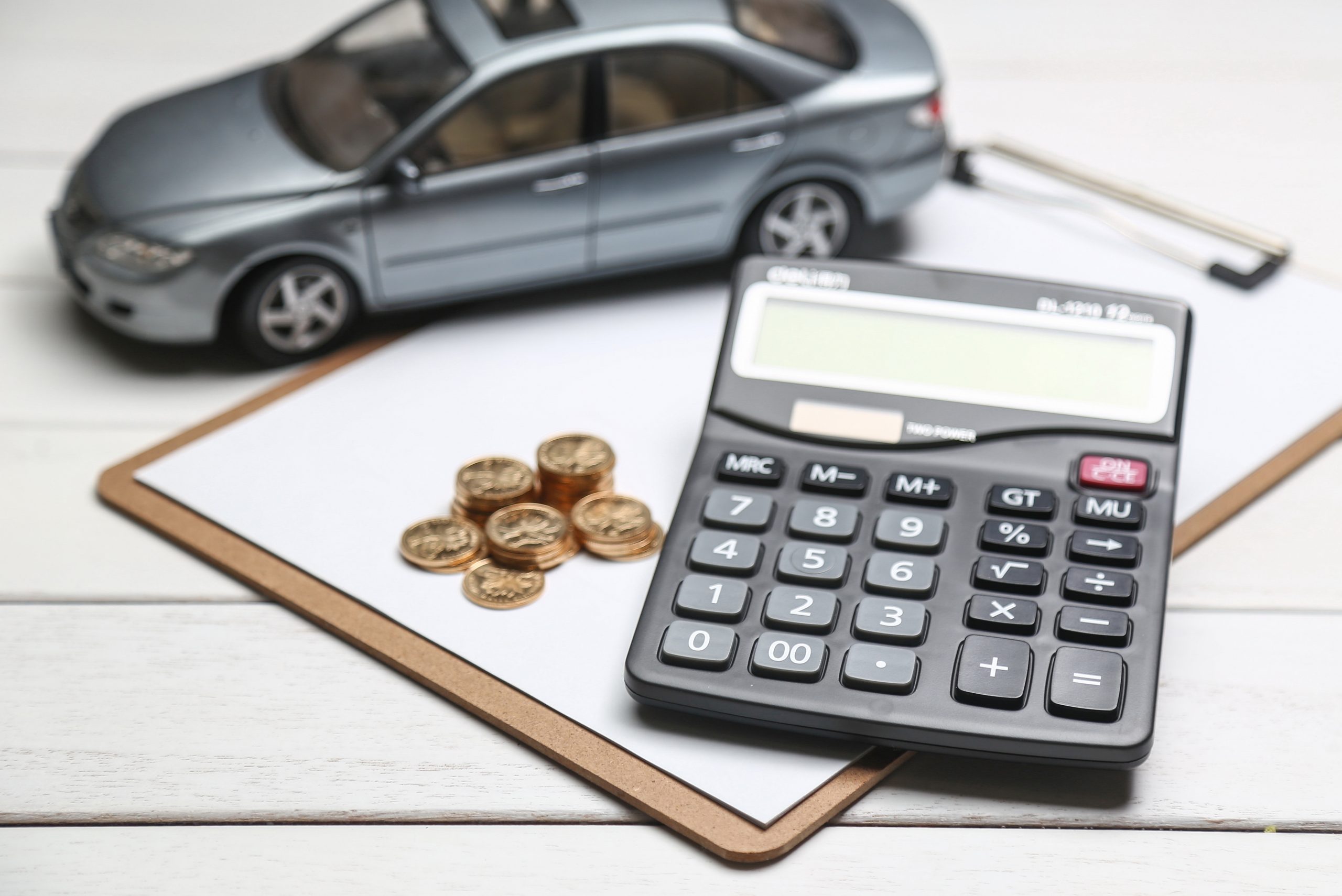
Providing company cars can be a fantastic perk for employees, offering convenience and cost savings, while also serving as a great benefit for the business. At NMA Accountancy & Taxation Advisors, we’re here to help you navigate the ins and outs of company car tax in the UK. In this guide, we’ll break down the benefits of company cars, the tax implications, and how to maximize the advantages for both employers and employees.
What Is a Company Car?
A company car is a vehicle provided by an employer for their employees’ use. These cars can be leased or owned outright by the company and are often given to employees who need to travel frequently for work. Aside from being a great perk, company cars can be used for business logistics, such as transporting goods or attending client meetings.
Leasing vs. Owning Company Cars
Choosing whether to lease or buy company cars depends on your business needs and financial situation.
Leased Vehicles: Leasing offers lower upfront costs, with maintenance and MOTs often included in the lease price. While leasing can be more expensive in the long run due to monthly premiums, it provides the convenience of accessing new models and hassle-free maintenance.
Owned Vehicles: Buying cars requires a larger initial investment but allows the business to own the asset outright. This option can be better for cash flow and avoids the monthly costs associated with leasing. However, owners must handle maintenance and the vehicle’s depreciation over time.
Benefits of Company Cars
For Employers
Staff Retention: Offering company cars can be an attractive perk, helping retain current employees and attract new talent.
Branding and Marketing: A fleet of branded vehicles can serve as a mobile advertisement, increasing brand visibility when employees are on the road.
For Employees
Convenience and Cost Savings: Employees save on personal expenses like petrol, insurance, and maintenance, as these costs are typically covered by the employer.
Access to Newer Vehicles: Employees can enjoy driving the latest models, which they might not otherwise afford.
Potential Personal Use: While company cars are primarily for business use, many employers allow limited personal use, providing additional convenience for employees.
Understanding Company Car Tax
Company cars are considered a benefit-in-kind (BIK), meaning they are treated as a taxable perk. The amount of tax your employees pay depends on the car’s value and its CO2 emissions.
How BIK Tax Works
Car’s List Price (P11D Value): This is the car’s price before any discounts and includes delivery and added extras.
CO2 Emissions: Lower emissions mean lower tax rates. The government encourages eco-friendly choices, so hybrid and electric cars often result in lower taxes.
Impact of CO2 Emissions on Tax Rates
Cars fall into specific tax bands based on their emissions, affecting the taxable percentage of the car’s list price. For instance, a low-emission vehicle might be taxed at 16% of its list price, while a high-emission vehicle could be taxed at 37%. Choosing greener cars can significantly reduce the tax burden for employees.
Employer National Insurance Contributions
Employers must also pay National Insurance Contributions (NIC) on the BIK value. This is generally 13.8% of the BIK value, so opting for low-emission vehicles can help reduce these costs as well.
Tax Exemptions and Reductions
The UK government offers several incentives for businesses that choose green vehicles:
Reduced BIK Rates: Electric vehicles (EVs) often have low BIK rates. For example, the BIK rate for EVs can be as low as 2% in the 2023/24 tax year.
Grants and Incentives: Programs like the Plug-in Car Grant can significantly reduce the cost of purchasing an EV. There are also tax breaks for installing EV charging points at business premises.
No Road Tax: Many electric vehicles are exempt from road tax, offering further savings.
Conclusion
Providing company cars can be a win-win for both employers and employees, offering significant financial and logistical benefits. By understanding the tax implications and taking advantage of government incentives, businesses can maximize these benefits.
For personalized advice on company car tax and other accounting needs, reach out to NMA Accountancy & Taxation Advisors at +44 1582 240900. Let us help you optimize your business benefits and navigate the complexities of tax regulations!





